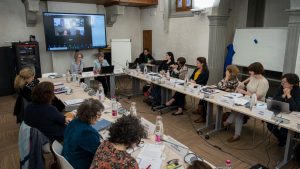
Read more
Events
Read more

The ‘Global Citizenship’ research area explores core questions of democracy by studying how states determine (and should determine) who their citizens are and who can participate in elections. It analyses the variety of citizenship laws and policies in a globalised world, where national perspectives no longer suffice to explain the transformations of membership, and explores the legal regimes that govern the institution of citizenship at national, supranational and global levels.
Maarten Vink acts as the overall director of this research area, which revolves around the Global Citizenship Observatory (GLOBALCIT), an online platform and global network of expertise committed to fact-based and non-partisan analysis of citizenship laws and electoral rights around the world.
Major research areas and themes include:
While it is a basic principle of the international legal order that everyone has the right to a nationality, states remain largely autonomous in deciding who they recognize as a citizen. This results in a large variety of conditions across countries for access to the legal status of citizenship across states -at birth or later in life- as well as how this status can be lost. Working with scholars and research institutes around the world, we study how the acquisition and loss of citizenship status are regulated, why these rules differ across national and regional contexts and over time, and what impact this has on the lives of people affected by these rules. Our research focuses on issues such as birthright citizenship, statelessness, gender equality and non-discrimination, migrant naturalization, securitization and citizenship deprivation, national minorities, diasporas, investor citizenship, among others.
Access to citizenship and electoral rights are crucial for how democracies work in practice. Yet the relation between citizenship boundary-setting and democratic government remains understudied. The access to franchise is determined both through citizenship laws, which define who can participate in elections as citizens, as well as through electoral laws that regulate the conditions under which individuals (citizens or not) have the right to vote and be elected. Our research aims to understand both how citizenship and electoral laws affect democratic participation, as well as how the development of political regimes shapes the conditions under which rights are made available. We focus on global variation as well on regional projects such as the rights of mobile citizens within the European Union (EU).
The Global Citizenship Observatory (GLOBALCIT) provides reliable and comparative data on the content, causes, and consequences of the laws that govern the acquisition and loss of citizenship and the franchise. It enables scholars, policy-makers, and the general public to understand how citizenship connects people across international borders. GLOBALCIT publishes databases, national and comparative reports, indicators, and debates on citizenship status and electoral rights. It relies on a large international network of academic experts who write country reports, collect legal documents, and provide input for comparative databases. GLOBALCIT brings together the expertise of the European University Institute’s Global Governance Programme (GGP), the University of Edinburgh and the Maastricht Center for Citizenship, Migration and Development (MACIMIDE). These partners with their permanent research teams are represented by the four co-directors of the observatory, Rainer Bauböck, Jelena Dzankic, Jo Shaw and Maarten Vink.
GLOBALCIT participates also in externally funded projects on citizenship and electoral rights. Currently, GLOBALCIT is a member of the EU-CITZEN Network funded by the European Commission.

Citizenship laws and policies are considered to be core matters of national self-determination. However, in an age of global mobility, ever more individuals can claim the citizenship of several states, while others are turned stateless. Today, citizenship needs to be studied and compared from a global rather than national perspective.

Maarten Vink
Chair in Citizenship Studies and Director of the Global Citizenship research area
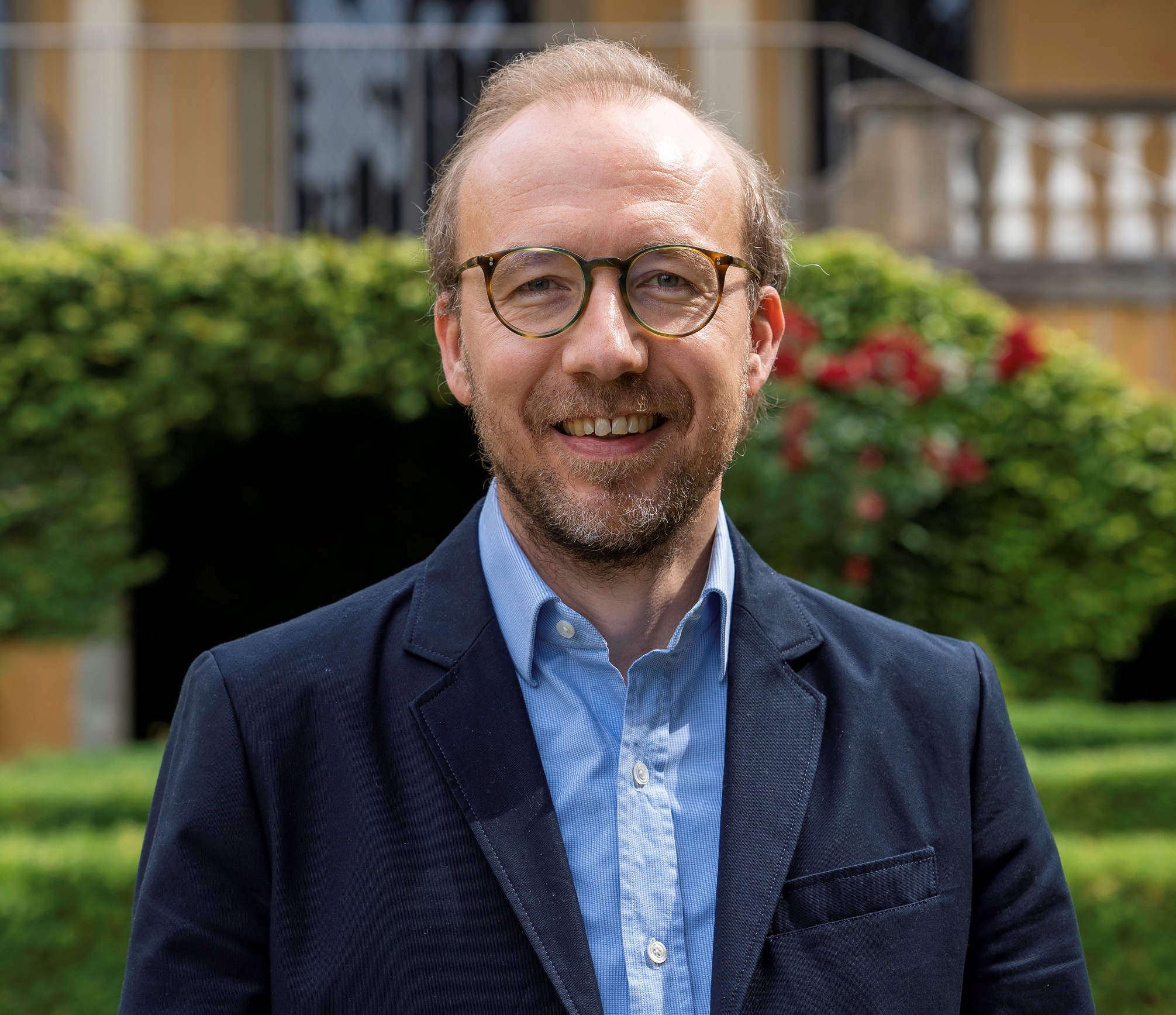
Maarten Vink
Full-time Professor
Robert Schuman Centre for Advanced Studies
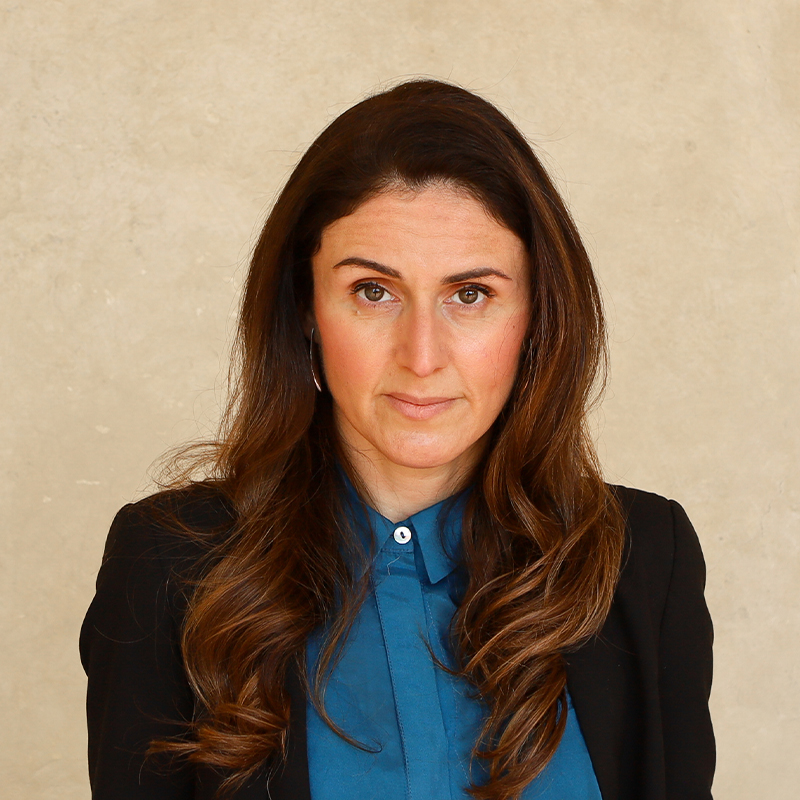
Jelena Dzankic
Part-time Professor
Robert Schuman Centre for Advanced Studies

Rainer Bauböck
Visiting Fellow
Robert Schuman Centre for Advanced Studies
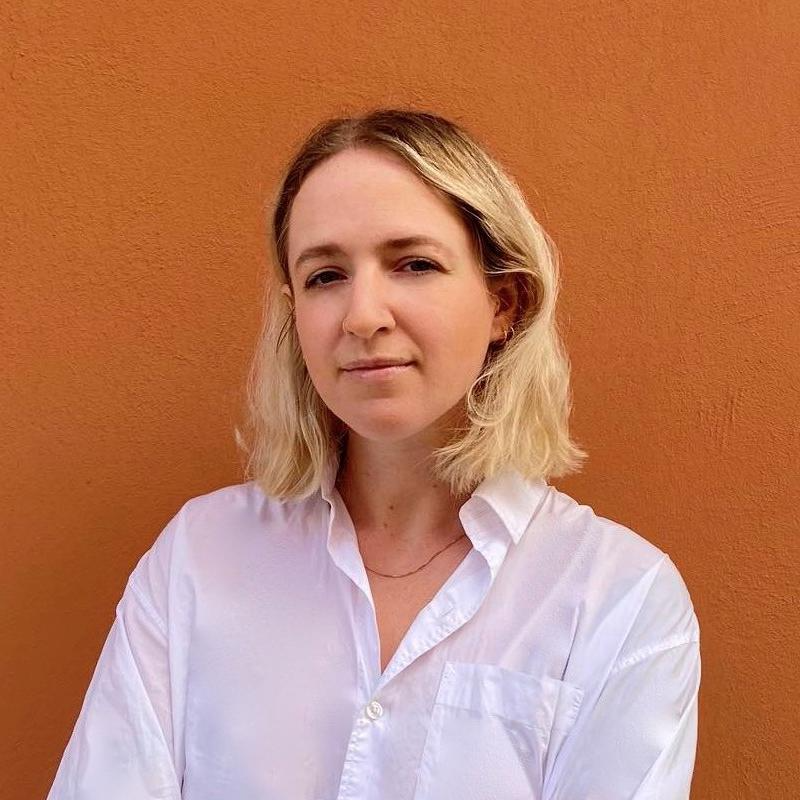
Ashley Mantha-Hollands
Max Weber Fellow
Max Weber Programme for Postdoctoral Studies
Max Weber Fellow
Robert Schuman Centre for Advanced Studies

Luuk van der Baaren
Max Weber Fellow
Max Weber Programme for Postdoctoral Studies
Max Weber Fellow
Robert Schuman Centre for Advanced Studies
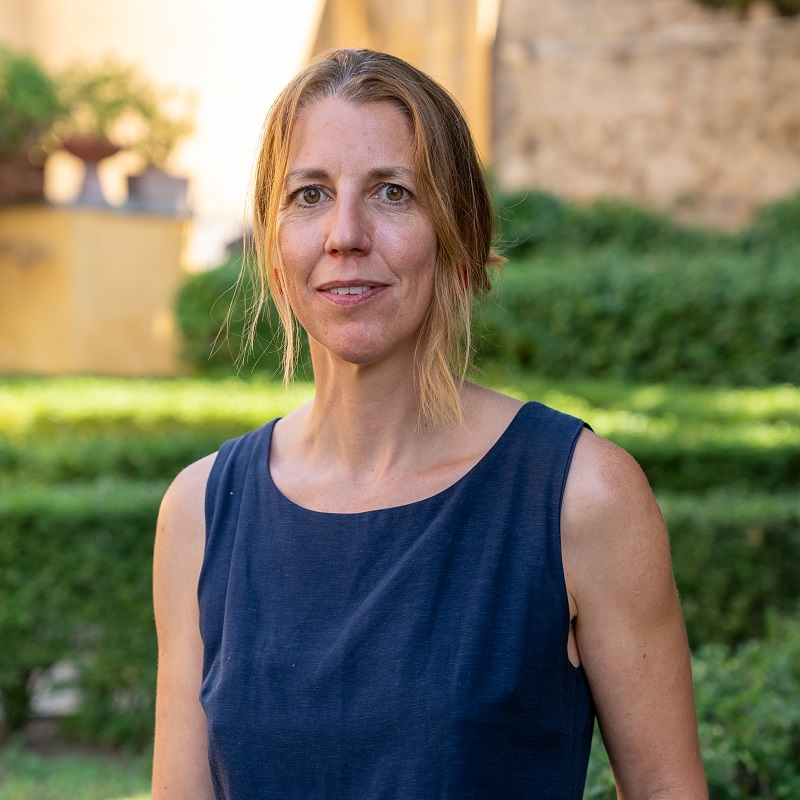
Christina Zuber
Jean Monnet Fellow
Robert Schuman Centre for Advanced Studies
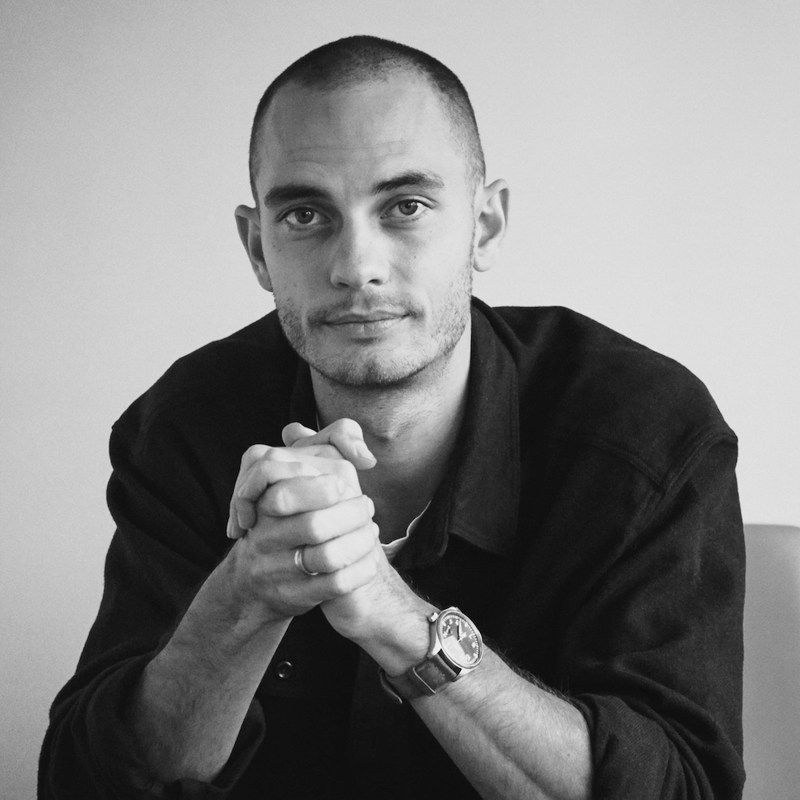
Christian Prener
Visiting Fellow
Robert Schuman Centre for Advanced Studies
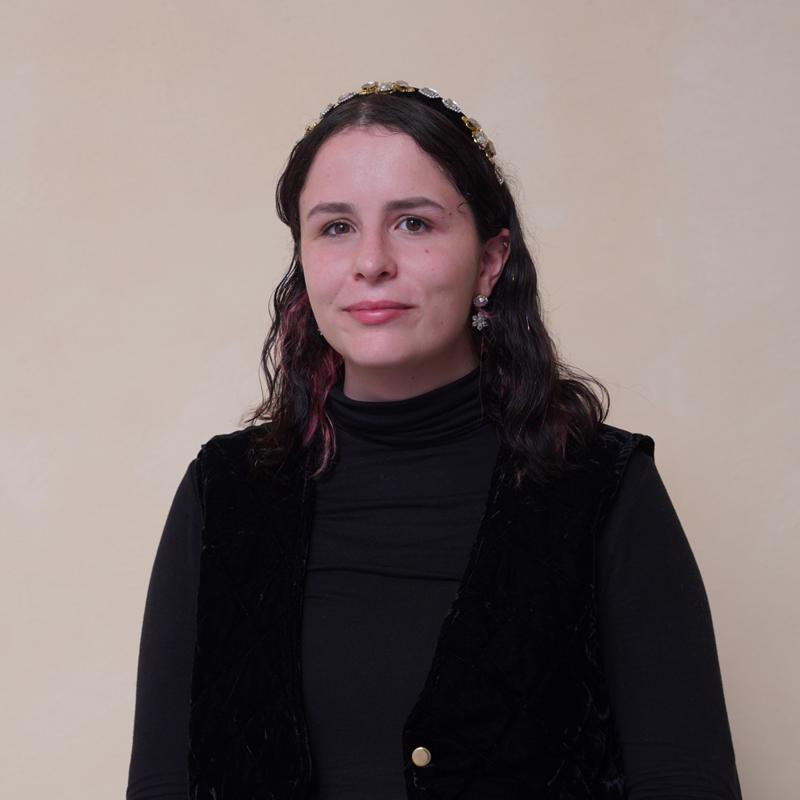
Jadé Botha
Academic Collaborator
Robert Schuman Centre for Advanced Studies
Researcher
Department of Law

Tarek Jaziri Arjona
Research Associate
Robert Schuman Centre for Advanced Studies
Researcher
Department of Political and Social Sciences
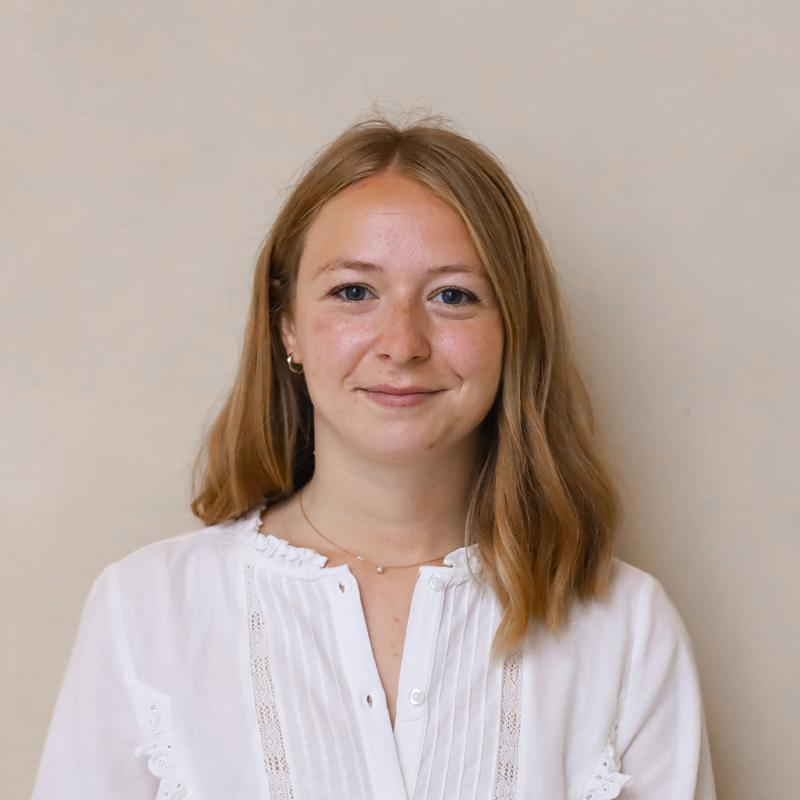
Clara Muller
Research Associate
Robert Schuman Centre for Advanced Studies
Researcher
Department of Law